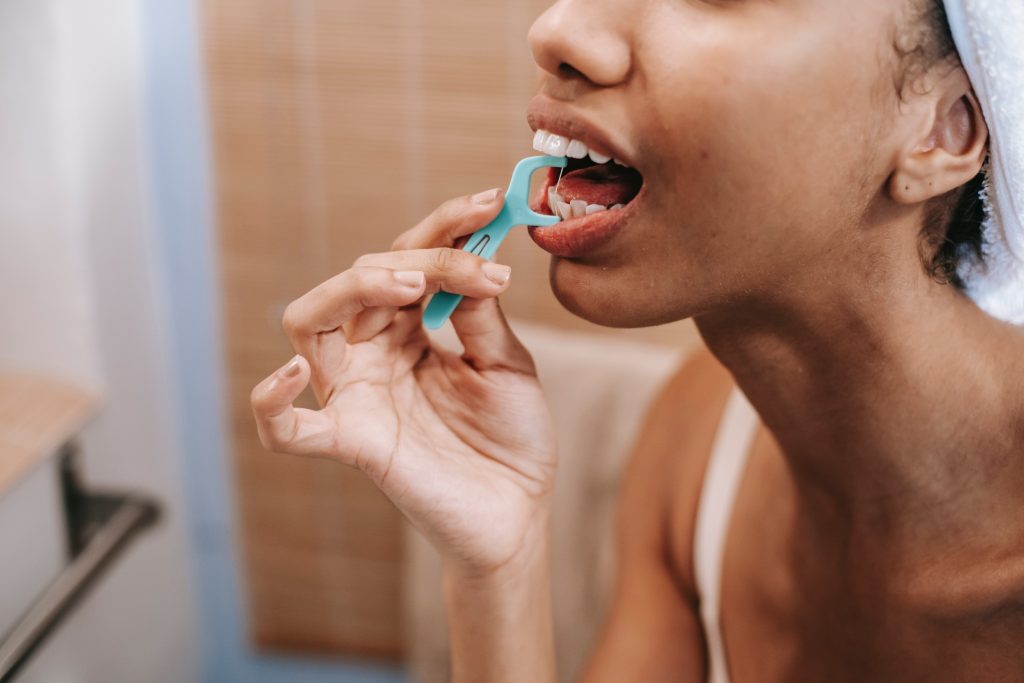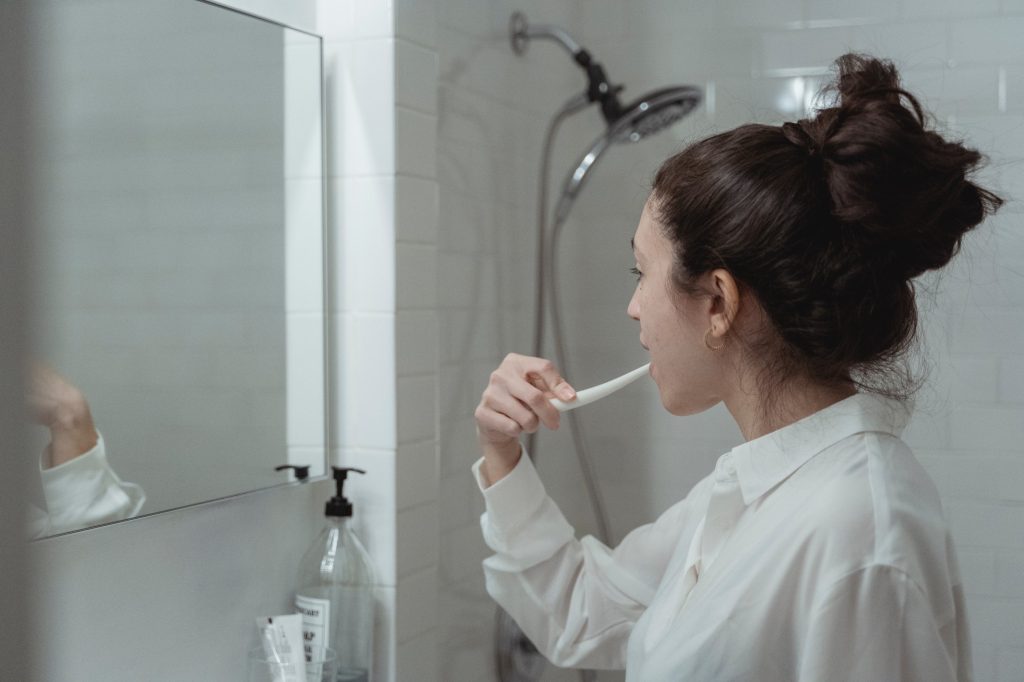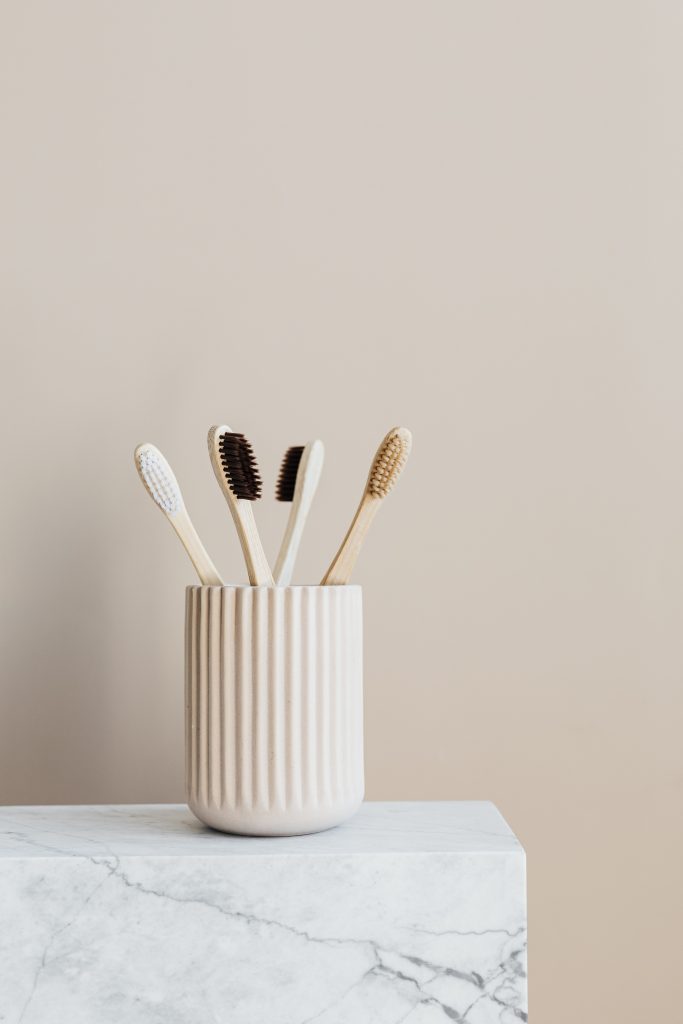Written by Joel Sheasby
Dental health week is here!
Started by the Australian Dental Association, this year we are celebrating from the August 7 to August 13.
The theme this year is Mind, Body, Teeth. Many diseases are linked to tooth and gum disease, such as diabetes, heart disease, and inflammatory bowel disease.
The Australian Dental Association is looking to bridge between the mouth and the rest of the body, educating Australians about how disease in all the body is connected.
More information about this year’s dental health week can be found here.
With that being said, I thought that I would share my top five tips to improve oral health that you might not have heard of.
![[Photo taken from the Australian Dental Association website].](https://charlie.csu.edu.au/wp-content/uploads/2023/08/DHW23-socials_7-1024x1024.jpg)
1. Don’t rinse your mouth after brushing
Toothpaste helps remineralise and protect teeth because it contains fluoride.
Fluoride takes time to absorb into your teeth, so if you rinse your mouth out after brushing, you are getting rid of this helpful fluoride before it can do its full job.
Ideally, you spit out as much of the toothpaste as you can, and avoid eating, drinking or rinsing for 30 minutes to allow the fluoride to absorb.

2. Floss before you brush your teeth
This one just has to do with the order you do your oral hygiene habits.
Flossing should always be done before brushing, that way you can remove all the plaque and food debris from between your teeth, allowing the fluoride to come into contact with every tooth surface.

3. Brush your gums
When brushing your teeth, make sure your toothbrush comes into contact with your gums.
Hold the head of the toothbrush at a 45 degree angle to allow the bristles to get under your gums. Plaque can cause tooth decay, but also contributes to gum disease. It is important that all the plaque gets removed from under your gums.
Healthy gums don’t bleed, so hopefully with proper brushing technique you can avoid bleeding gums.

4. Always use a soft bristled toothbrush
This one you may have heard before, but it is really important. Medium and hard bristled toothbrushes can cause abrasion to your teeth, as well as cause gums to recede.
Plaque doesn’t need to be scrubbed of, but rather disturbed and removed from teeth. A soft bristled toothbrush is firm enough to accomplish this.

5. Avoid snacking or sugary drinks throughout the day
Sugars and other carbohydrates act as food for the bacteria in your mouth to destroy your teeth.
One of the most important factors is the time between meals. If you are constantly snacking, then your mouth will always be in an acidic environment, allowing decay to your teeth to progress.
If possible, try to consume sugars all at once with a meal, and rinse your mouth out with water after.











